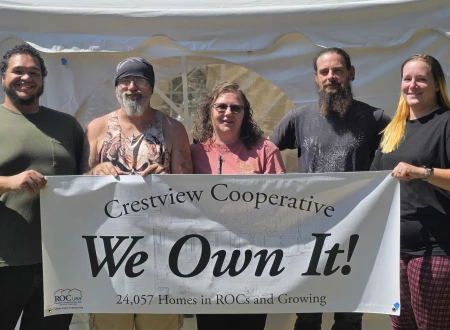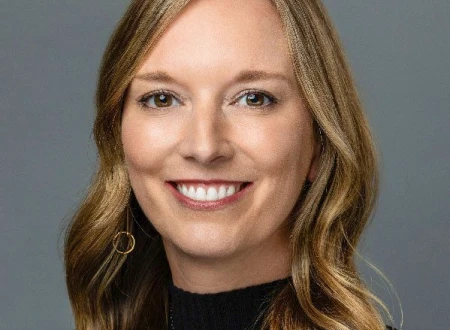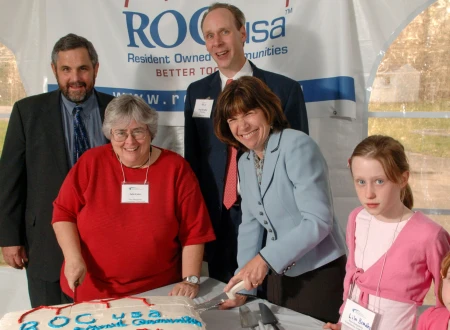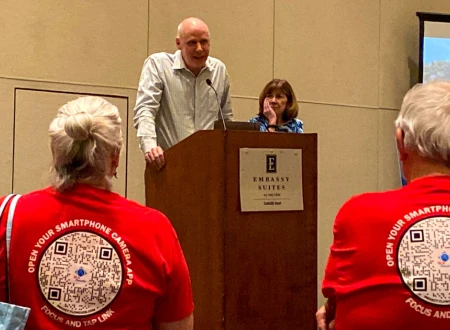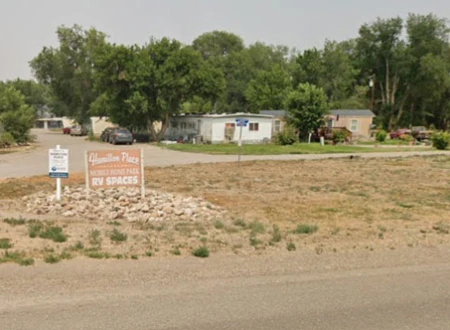I have been working in the affordable housing sector for a few years now and I have lived in an affordable housing neighborhood for almost a decade. Actually, I have lived in many affordable housing neighborhoods at one time or another. In 1974, my parents bought a single-wide mobile home in a commercially owned park and we lived there for a number of years before we moved to other housing. We often rented or occasionally owned other small mobile homes. My parents were wage earners and often moved in search of better jobs, housing or a better sense of security. In my adult life and as a single mom for most of it, I have also rented both apartments and homes in search of that same security.
Fortunately, 10 years ago, I met my current husband and together we purchased a single-wide manufactured home. Ownership is great, no matter what the price of the home. We are also fortunate to live in a resident-owned community (ROC), where we are one of 52 co-op owners, each of whom pays toward the cost of owning and maintaining our investment: the land our homes sit on.
It’s a great model, co-op ownership, and it has definitely secured our future and the future of the home we live in. Resident ownership removes the fear of a developer buying the land and our having to move our home. We also know by stepping up and being involved with the co-op volunteer efforts, we have a say in how things are managed — being managed carefully helps control costs and keep the lot rent affordable.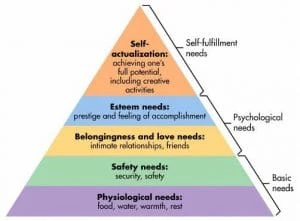
That sense of security is what brought me into the work I do, providing training and support for residents of new and established ROCs. Up until recently, it seemed that security in housing came from owning the land and keeping it affordable, but lately I have found that security and wellness are broader than owning the home you live in. Maslow’s Hierarchy of Needs tells us that there are actually five levels of needs that motivate humans, some being basic, such as food, shelter, safety and water, and other needs emotional, as with love and belonging. At the top of the pyramid of needs that Maslow lays out is self-actualization or self-fulfillment needs. I believe that this more in-depth theory of what drives and motivates people can help drive the mission to help individuals build a foundation for a successful life.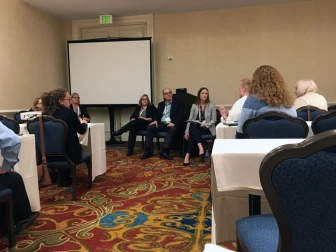
I had the opportunity recently to sit on a panel at the I’m Home Conference in San Antonio, Texas. The topic was a discussion on manufactured housing as a platform for family wellness. The panel was moderated as a question-and-answer session and included three organizations, each of which provides services for residents living in manufactured housing communities. Augusta Communities, located in California, is a non-profit 501(c)3 that purchases manufactured housing parks to provide affordable housing and then provides services and programs that promote family wellness. These services include after-school homework clubs, water conservation classes, youth summer camps, and financial literacy classes, just to name a few. Family Promise is a national organization whose mission is to help homeless and low-income families achieve sustainable independence through a community-based response. Family Promise has a volunteer base that is more than 180,000 individuals. Family Promise helps homeless families secure long-term housing solutions and is hoping to partner with the manufactured housing industry. My organization, Cooperative Development Institute (CDI), works with the resident ownership model supported by the ROC USA Network. CDI is one of eight affiliate technical assistance providers throughout the country. Currently the network is providing technical assistance and support to 193 resident-owned communities nationwide.
We all brought something to the conversation and we all agreed that wellness matters in the lives of all. Promoting services opens up a better chance for broad life opportunities and may help with aging-in-place initiatives. The U.S. Centers for Disease Control and Prevention defines aging-in-place as “the ability to live in one’s own home and community safely, independently, and comfortably, regardless of age, income, or ability level.”
What brought me to this panel discussion was the high level of networking among the communities I work with in Maine. The eight Maine co-ops are relatively close to one another, and since 2013 these communities have been working to drive a networking platform. They come together three or more times a year to talk about challenges to the communities as well as to promote training and services to residents. These volunteer residents have created friendly challenges to create community gardens and develop emergency preparedness plans. They have talked with local vendors about discounts and state agencies about best practices.
These services alone are a benefit to the community, but the underlying benefit comes from the individuals who come out to promote their own wellness. Residents who once did not even know their own neighbors are suddenly empowered to step up and get to know one another, all while promoting each other’s best interests. Stories of job promotions and goals accomplished are what continue to support Maslow’s theory of the human need for self-actualization and self-fulfillment. Perhaps providing people with the opportunity to drive their own success can actually affect outcomes for their entire life.
One community in Maine promoted a Good Shepard Food Truck in the community. One might think this was to support the residents in the community, but truth be told it was to support the entire town. More than 700 families walked away from that truck with food. The community walked away with a sense of pride and accomplishment. The town that they live in now has a different view and respect for the community. I guess you could say that everyone was fed on that day. They proved Maslow’s theory on the need for belonging in its truest sense.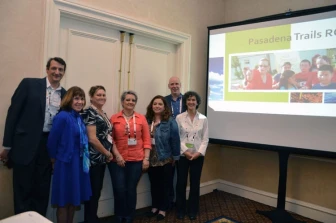
The panel discussion received a great response. I walked away thinking about how I was now more deeply connected to the mission of affordable housing.
Could it be possible to bring this theory closer to the hearts and minds of policymakers and funders? We are finding proof that promoting wellness for residents is just as important, if not more important, to meeting long-term affordable housing needs than just providing housing. Apparently, Maslow knew there was a bigger equation. Would people stay longer in homes as they age if they were connected to wellness services? Would people thrive in the workplace if they had an opportunity to promote their own community? Would neighborhoods be safer if residents came out to drive their own future? I say yes to all of these things. I see it every week in the work I do.
I believe this is a bi-partisan issue and if we all look at the foundation of wellness as a platform for human development, there are certain things we need funding and policy changes for:
- Access and availability of funds for improved community infrastructure. An important need is the right to clean and safe drinking water and other stable systems such as wastewater systems and electrical connections. People cannot live, and will not want to live long-term, where their home is not supported by sound infrastructure.
- More resident ownership of manufactured housing communities. There is more security and wellness for individuals when residents own the land on which their home sits.
- Access to home repair funds. Again, people will move to assisted living or other housing if they cannot pay for costly repairs to the home in which they live. Windows, furnaces, and roofs are just some of the costly repairs any homeowner can anticipate. These repairs are not something that someone living on low or fixed incomes can afford.
- Community Buildings. I have seen first hand what a community can do if it has a place to come together to make decisions and plan projects and wellness. A community building could also benefit the community for emergency preparedness shelters should disaster affect the community.
That might seem like a lot to ask for. I believe that with some commitment and action we can see changes in the nation’s affordable housing picture. I envision a time when we see manufactured housing communities as a place where working individuals, families, and retired individuals can live for a lifetime — each individual not simply residing in the community, but developing their future, one that meets every need: basic, emotional, and self-achievement.
Jeanee Wright is a technical assistance provider with Cooperative Development Institute. Contact her at jwright@cdi.coop.

